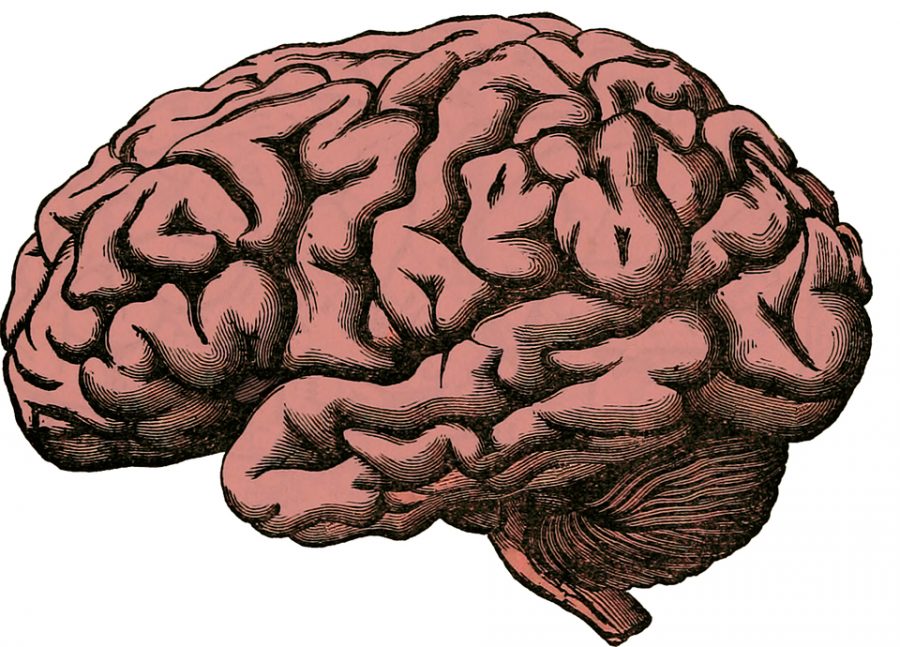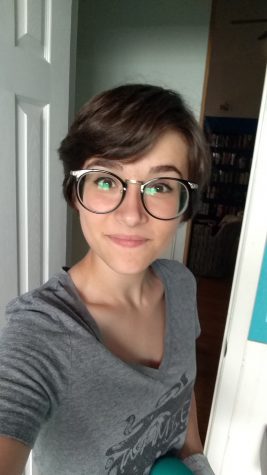National Movement Disorder Awareness Month: I Am Not Broken
October 31, 2016
My movement disorder started in January of my sophomore year, 2015. I was out with friends when my eyes started drifting upwards, and I couldn’t stop them. It was like I was trying to look up inside my skull, but I couldn’t look back down. It lasted for nearly four hours. After a severe headache and a lot of painkillers, I managed to go to sleep. I assumed that whatever had happened was a fluke and that it wouldn’t happen again.
I was wrong.
Since then, I’ve had an episode of Tardive Dyskinesia about every other week. Two months ago, I picked up another symptom. Now, every time my eyes roll, my jaw also locks up and shifts to the left, grinding my teeth, uncontrollably. There is no way to stop any of this if it starts, and the diagnosis is that Tardive Dyskinesia is largely incurable.
There are days where I want to die. Those days happen often. In my mind, I see it as a way out of getting stuck at parties when I can’t see and end up having to call my parents to come pick me up just to end up sitting in my dark room crying for another three hours.
I am not the only one either. Adolescents on anti-depressants have a 5 percent chance of getting tardive dyskinesia, even after they stop taking whatever medication caused their disorder in the first place.
Recently, after a particularly bad episode, I took it upon myself to finally find a neurologist who could help. After talking to my physician, she directed me to a movement disorder clinic. I scheduled my appointment, and waited.
Once my appointment finally came around, I was terrified. I sobbed the night before, wondering if she would tell me I would be stuck like this for the rest of my life. Questions raced through my mind, could it get worse? What am I going to do at college if I have mini seizures in my face every other week?
I wasn’t expecting good news, but I got lucky in a situation where some are not. Apparently, there medications you can take for Tardive Dyskinesia. After discussing the side effects of the current medications, my doctor set me up to take a medication that will hopefully be FDA approved by January that should keep my episodes at bay.
Getting medication is only half the battle though. Many of my friends don’t realize how much it affects me, or how much this could affect the rest of my life. I struggle with teachers and adults who don’t understand, who question if it’s even real.
Please, if someone tells you they have a disability, don’t question them. My movement disorder is something I live with and think about and am fearful of everyday. I am lucky, I might be able to control this, but so many people suffer for years and years with no way out.
If you or someone you know may have a movement disorder, please check out a diagnosis website here, or donate here.



